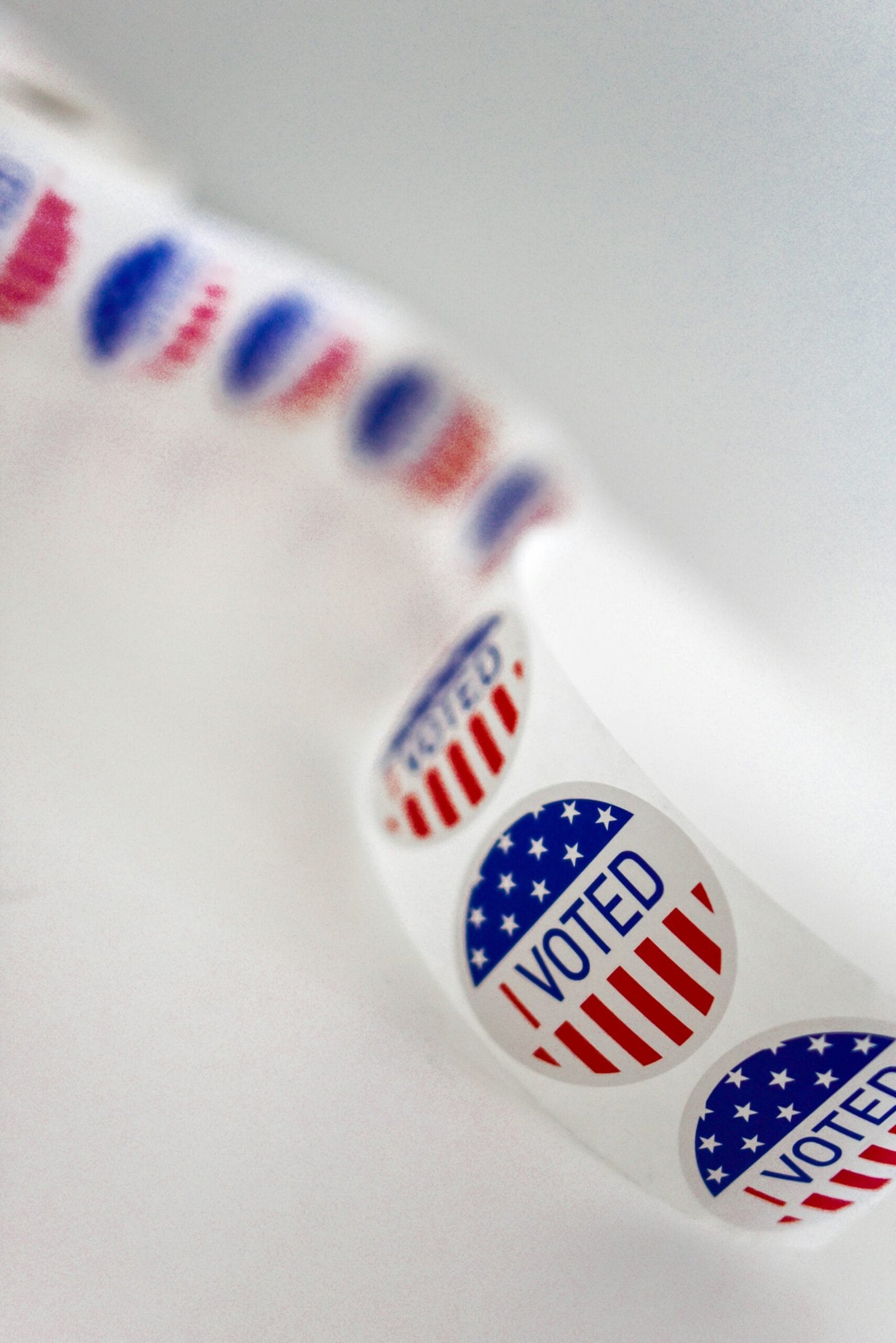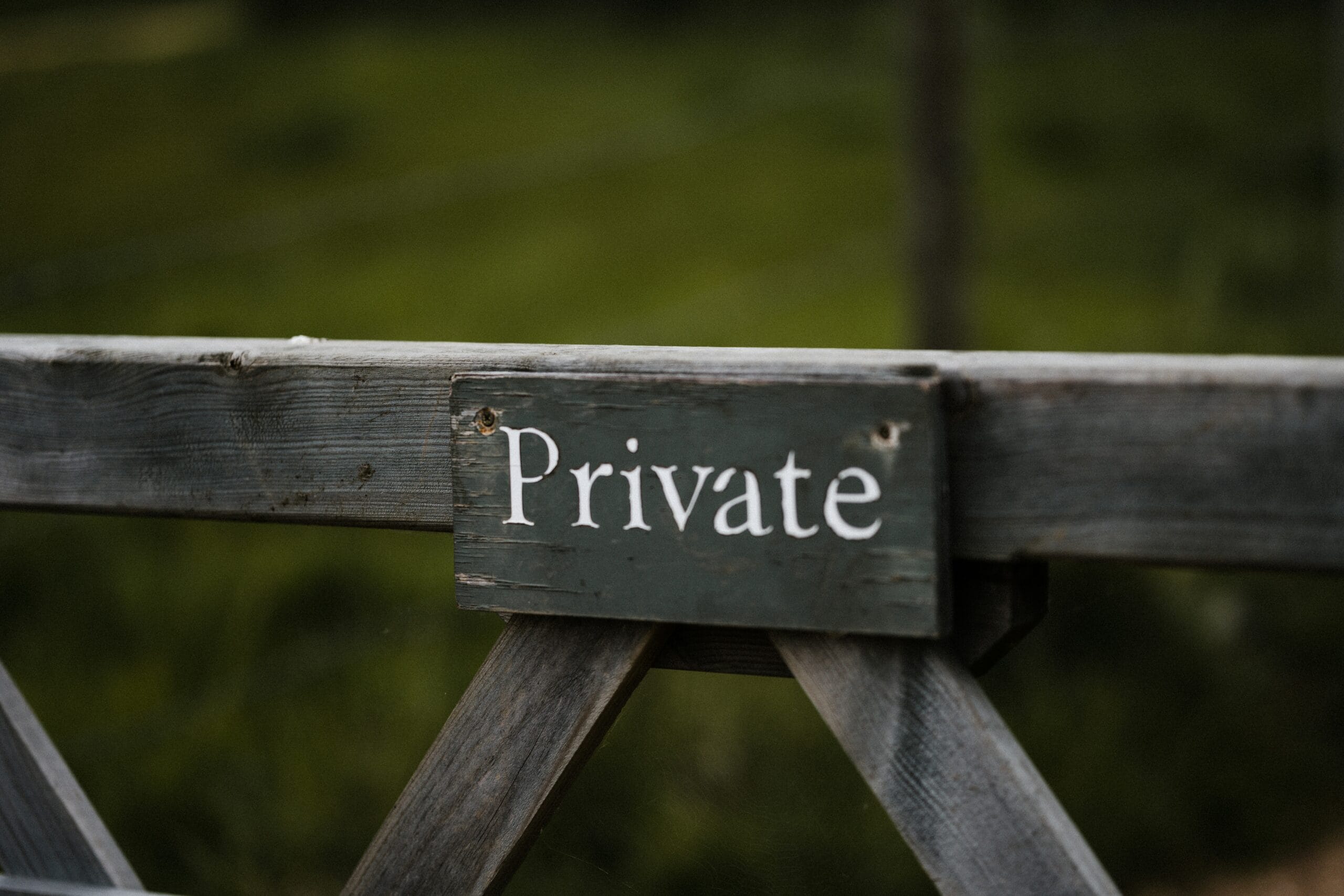
Introduction to Limited Government
Limited government is a foundational principle in democratic societies, characterized by the restriction of governmental power to avoid infringement on individual liberties. It posits that the authority of the state should be confined to specific areas, ensuring that the rights and freedoms of citizens are upheld. This concept emerged as a response to historical abuses of power, where unchecked authority led to oppression and tyranny. The emphasis on limited government has led to the establishment of constitutions and legal frameworks designed to protect individual rights and promote accountability.
Historically, the notion of limited government can be traced back to ancient philosophies, but it gained substantial traction during the Enlightenment. Thinkers such as John Locke and Montesquieu argued for the separation of powers and the inherent rights of individuals, establishing a philosophical basis for governments that recognize and protect these rights. These ideas significantly influenced the formation of modern democratic states, particularly in the context of the American and French Revolutions, where the push for individual freedoms challenged the prevailing authoritarian regimes of the time.
In contemporary discussions, limited government remains a vital aspect of political theory and practice. The characteristics of a limited government include adherence to the rule of law, the separation of powers, and the presence of checks and balances. These elements work collectively to ensure that governing bodies remain accountable to the people and do not overstep their jurisdiction. As democratic societies continue to grapple with the balance between authority and liberty, understanding the evolution and importance of limited government in promoting individual rights is essential. This foundation sets the stage for further exploration of the minimal state and its implications for governance and society.
Defining the Minimal State
The concept of a minimal state, often referred to as a night-watchman state, advocates for limited government involvement in both personal and economic affairs. At its core, a minimal state is predicated on the belief that the primary role of government should be to protect individual rights—specifically, security, property, and personal liberties—without encroaching excessively on the lives of its citizens. This form of governance champions individual autonomy, suggesting that citizens ought to have the freedom to pursue their own interests as long as they do not infringe upon the rights of others.
A minimal state characteristically operates under the principle of non-aggression. This implies that the government’s intervention should be restricted to protective measures against violence, theft, and breaches of contract. For instance, law enforcement agencies and judicial systems are fundamental in facilitating justice and maintaining social order within this framework. Unlike totalitarian regimes, which exercise broad control over personal behavior, economic activity, and even thought, a minimal state emphasizes voluntary interactions and transactions in the marketplace. Individuals are free to make choices concerning their resources and social affiliations, paving the way for an environment that encourages entrepreneurship and personal responsibility.
The distinction between a minimal state and alternative forms of government highlights the importance of individual liberties in Western political ideology. Where an authoritarian regime might impose extensive regulations and dictate personal conduct, the minimal state endeavors to minimize such oversight, thereby enhancing personal freedom. Proponents of this system argue that it leads to a more prosperous society, as it fosters innovation and growth by allowing individuals to act in their self-interest without undue interference.
The Night-Watchman State Concept
The night-watchman state is a political framework characterized by minimal governmental interference in the lives of individuals. The term was popularized by classical liberal thinkers, notably during the Enlightenment, as part of a broader philosophical discourse advocating for personal liberty and limited governance. The essence of this model lies in its commitment to protecting citizens’ rights while ensuring public order, embodying the principle that the state’s functions should be confined to essential duties.
Historically, the night-watchman state emerges from the philosophical foundations laid by figures such as John Locke and Thomas Hobbes, whose ideas highlighted the importance of a government limited in scope. Locke, in particular, made a compelling case for a government whose primary role is the protection of life, liberty, and property. Under this concept, the state does not engage in activities beyond these fundamental responsibilities; it refrains from regulating social behaviors, moral beliefs, or economic behaviors unless such actions directly harm others.
The operational mechanics of the night-watchman state can be understood through three core functions: the protection of individual rights, the maintenance of law and order, and the enforcement of contracts. These functions aim to create a safe environment in which society can thrive without significant interference. The night-watchman model advocates for the absence of excessive regulations that could inhibit personal freedoms, recognizing that individuals are best positioned to make decisions about their own lives.
In contrast to more expansive governmental models, the night-watchman state champions the idea that the role of government should be limited to safeguarding the mechanisms necessary for a free society. This limited government approach aims to foster an environment where individual rights and liberties can flourish, ultimately leading to a more prosperous and self-regulating society. The night-watchman state remains a pertinent concept in contemporary discussions on governance and individual freedom, serving as an ideological benchmark for those advocating for less government intervention in the lives of citizens.
The Role of Government in Protecting Rights
In a minimal state, the primary role of government is to safeguard the natural rights of individuals, which are typically defined as life, liberty, and property. This concept is rooted in the philosophy of classical liberalism and reflects a fundamental belief that individuals possess inherent rights that are not granted by the government but rather are intrinsic to their humanity. The minimal state operates on the principle that government intervention should be limited primarily to the protection and enforcement of these rights. By focusing on safeguarding individual liberties, the state aims to create an environment where individuals can pursue their interests and engage freely in society.
The responsibilities of a minimal state in protecting rights extend to law enforcement, judiciary functions, and national defense. Law enforcement agencies are tasked with preventing and addressing violations of individual rights, such as theft, assault, and fraud. By maintaining order and ensuring justice, law enforcement plays a crucial role in upholding the principles of a minimal state. The judiciary serves as an impartial arbiter of disputes, providing a platform for resolving conflicts and upholding individuals’ rights against infringement by others or the government itself. The need for an independent judiciary is critical, as it ensures that laws are applied fairly and justly, thus reinforcing citizens’ confidence in the legal framework.
Additionally, national defense is a necessary role of government to secure a state from external threats that could compromise individual rights. While these functions represent minimal government intervention, they are essential for the protection of societal order and individual freedoms. Consequently, the minimal state envisions a calibration of powers where the government exists to enable personal flourishing by protecting against aggressions while avoiding overreach that could infringe upon personal liberties. Ultimately, a minimal state underlines the belief that the protection of rights is vital for fostering a just and thriving society.
Enforcement of Contracts in a Minimal State
In a minimal state, the enforcement of contracts plays a pivotal role in ensuring the stability and predictability of economic transactions. By maintaining a limited scope of intervention in the market, the government focuses primarily on upholding the rule of law and providing a reliable legal framework. This framework is essential for individuals and businesses to enter into agreements with confidence, knowing that their rights will be protected and that disputes can be resolved fairly.
Contract enforcement within a minimal state typically involves the establishment of an impartial judiciary, which serves as a means to adjudicate disagreements arising from contractual obligations. This judicial system must be accessible to all, so that parties can efficiently resolve conflicts without resorting to self-help or extralegal measures. Furthermore, the transparency of legal processes and the consistent application of the law contribute to fostering trust among economic agents, thus underpinning a thriving marketplace.
The significance of contract enforcement is underscored by the fact that, without it, the very foundation of economic transactions would be undermined. Contracts establish the terms of exchange, and when individuals or entities fail to honor their agreements, the risk associated with economic activities escalates. Consequently, the likelihood of voluntary trade diminishes, leading to a decline in economic interactions. A minimal state counteracts these challenges by providing mechanisms that uphold contractual commitments, incentivizing parties to engage in exchanges that promote economic growth and stability.
In summary, the enforcement of contracts in a minimal state is fundamental for its functioning. It creates an environment where economic agents can operate with assurance and is crucial for the effective functioning of markets. By focusing on this enforcement, a limited government enhances social cooperation and trust, ultimately contributing to the prosperity of society as a whole.
Minimal State vs. Laissez-Faire Economics
The concepts of a minimal state and laissez-faire economics both emphasize the importance of limited government intervention, yet they differ significantly in their implications for governance and economic activity. A minimal state operates under the premise that government should focus solely on the protection of individual rights, maintaining law and order, and providing basic public services. Its role is restricted, aiming to create an environment where individuals can freely engage in economic activities without undue government interference.
On the other hand, laissez-faire economics advocates for minimal governmental involvement in economic matters while promoting the belief that markets are best self-regulated. This approach suggests that allowing businesses and consumers to operate without government constraints will lead to greater efficiency, innovation, and prosperity. While both ideologies support reduced governmental control, laissez-faire economics places a stronger emphasis on the market’s ability to self-correct, implying a more hands-off approach than the minimal state that may still allocate resources for essential societal functions.
Both concepts share a commitment to individualism and personal freedoms. However, they diverge in their approaches to addressing market failures and social welfare. A minimal state might argue for a fundamental safety net to ensure that basic needs are met, recognizing that certain social protections are necessary to maintain overall societal well-being. In contrast, the laissez-faire perspective generally resists such measures, seeing them as potential distortions of the market that could impede economic growth.
In conclusion, understanding the differences between a minimal state and laissez-faire economics requires recognizing their respective frameworks for balancing individual liberty with governmental responsibility. While they advocate for limited government, their priorities and approaches towards economic regulation and social support reveal a nuanced interplay that informs broader discussions about governance and public policy.
Critiques of the Minimal State
The concept of a minimal state, which advocates for a government limited to protecting individual rights and maintaining order, has faced significant critiques from various ideological perspectives. Critics argue that such a framework may exacerbate social injustices and economic inequalities. One prominent viewpoint suggests that a minimal state provides inadequate support for the disadvantaged, resulting in a society where wealth disparities become entrenched. This perspective posits that the government has an obligation to actively promote welfare and equality, rather than merely acting as a passive enforcer of laws.
Furthermore, the relationship between wealth and political power raises concerns about the efficacy of a minimal state in safeguarding democracy. Critics contend that reduced governmental intervention may lead to a scenario where corporations exert disproportionate influence over politics. As businesses seek to maximize profits, their lobbying efforts can undermine democratic processes, allowing private interests to dictate public policy. This dynamic poses a significant challenge to ensuring fair representation for all citizens, particularly those lacking resources and influence.
Another concern regarding the minimal state relates to the adequacy of legal protections for individuals. Without a robust regulatory framework, critics maintain that citizens may be vulnerable to exploitation, whether in the workplace or through consumer practices. The absence of regulations can lead to a race to the bottom, where businesses compromise the rights and safety of individuals in pursuit of higher profits. Additionally, the lack of social safety nets can create a precarious existence for the most vulnerable populations, raising ethical questions about the state’s responsibility toward its citizens.
Opponents of the minimal state often advocate for a mixed approach that combines limited government with a commitment to social justice and economic equity. This perspective emphasizes the importance of finding a balance between individual liberties and the collective welfare of society. Through this lens, the minimal state is seen as insufficient to address the complexities of modern socio-economic challenges, necessitating a reevaluation of the principles governing state intervention.
The Practical Implications of a Minimal State
Adopting a minimal state governance model inherently alters the way societies function by emphasizing limited government interventions in economic and personal matters. This concept is rooted in the belief that the primary role of the state should be to maintain law and order while ensuring individual liberty and property rights. Various countries have attempted to implement these principles with differing degrees of success.
One notable example is Hong Kong, which has historically practiced a minimalist government approach, particularly before its increased integration with mainland China. The region’s free-market policies allowed for significant economic growth and an entrepreneurial climate where minimal state intervention enabled businesses to flourish. As a result, Hong Kong garnered a reputation as one of the world’s freest economies, illustrating how limited government can catalyze economic prosperity while prioritizing personal freedoms.
Conversely, there are also instances where minimal state governance has faced challenges. Countries such as Chile, which in the late 20th century adopted a neo-liberal economic model with reduced government involvement, managed to achieve notable economic improvements. However, the lack of comprehensive social safety nets eventually led to social unrest and demands for increased government responsiveness to socio-economic inequalities, demonstrating the complexities of limiting state functions.
Moreover, countries like Switzerland provide another perspective, where a decentralized approach allows for local autonomy while maintaining minimal oversight from the federal government. This experimentation with limited governance has led to both efficient local decision-making and high levels of citizen engagement in politics, showcasing the positive implications of a minimalist state when coupled with active civic participation.
Overall, the practical implications of a minimal state can vary widely based on how policies are implemented and the cultural context within which they operate. Countries that effectively balance limited government principles with adequate provisions for social welfare tend to experience greater stability and citizen satisfaction.
Conclusion: The Future of Limited Government
As we reflect on the concept of a minimal state and the implementation of limited government, it is evident that this approach presents both opportunities and challenges. The essence of a limited government rests on the belief that its primary role should be to protect individual liberty, uphold law and order, and provide essential services without infringing upon personal freedoms. Throughout this discussion, we have examined how a minimal state can potentially streamline governmental functions, reduce bureaucratic inefficiencies, and yield greater autonomy for citizens.
However, the viability of the minimal state in contemporary governance is nuanced. Modern society presents complex challenges such as climate change, public health crises, and economic inequalities that may require a more robust governmental response. The limited government philosophy can sometimes appear inadequate in addressing these multifaceted issues, raising important questions about its future applicability. On one hand, proponents of the minimal state argue that decentralization and privatization could lead to innovative solutions tailored to local needs. On the other hand, opponents argue that without sufficient state intervention, societal disparities may widen, threatening the foundation of a fair and just society.
The balancing act between preserving individual liberties and ensuring collective welfare is a critical dialogue that will shape the future of governance. As societies navigate this intricate landscape, the lessons drawn from the minimal state can inform policy discussions and decisions. The emphasis on limiting government interference does not negate the potential for states to engage in proactive measures that address prevailing challenges. Therefore, the debate surrounding the future of limited government remains relevant as stakeholders explore how to harmonize personal freedom with effective governance in an increasingly interconnected world.
- SCOTUS Blocks Deportations of Venezuelans Held in Texas, US Is Open to Recognizing Crimea
- HDFC Bank Posts Profit Growth Higher Than Analyst Expectations
- Turkey’s Tofas to Invest €256 Million in New Light Vehicle Model
- Why the Pentagon Fails Audits Year After Year After Year
- Odd Lots: Why the Pentagon Fails an Audit Every Year (Podcast)




